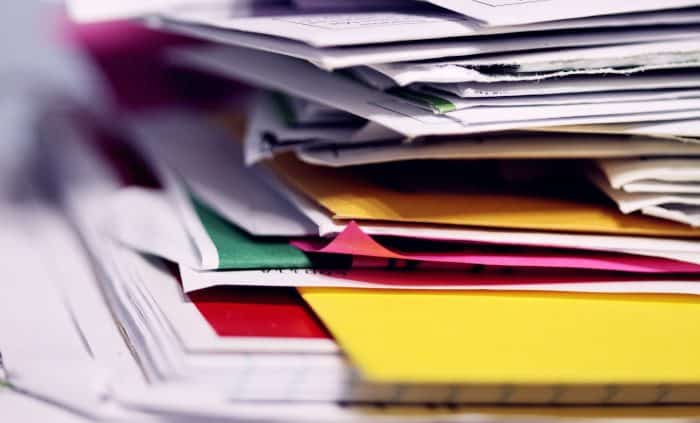Electronic invoices in the B2B sector: The future begins in 2025
Germany is facing a significant change in the area of invoicing, particularly in the B2B sector. Electronic invoices should be mandatory in the future. The recently passed Growth Opportunities Act, which was passed by the Bundestag on 17 November 2023, provides for VAT regulations that are intended to regulate the mandatory introduction of electronic invoices (e-invoices) in the B2B sector. However, on 24 November 2023, the Bundesrat referred the law to the mediation committee, which means further discussions about the planned changes.
Background to the amendment
The initiative is part of the EU Commission and its ViDA initiative. The aim is to implement an electronic reporting system to replace the previous recapitulative statements, among other things. The timetable envisages that these changes will be implemented by 2028. A revised definition of the term “electronic invoices” is already planned from 2024.
A discussion draft on mandatory electronic invoicing has been circulating in Germany since mid-April. This draft was included in the ministerial draft of the Growth Opportunities Act and subsequently in the government draft. The implementation of mandatory e-invoicing required explicit approval from the EU Council, which was granted in July 2023.
Electronic invoices – What is changing?
The planned changes involve new definitions of terms. From 1 January 2025, a distinction will be made between electronic invoices (e-invoices) and other invoices. An e-invoice is defined as a structured electronic format that complies with the European standard for electronic invoicing.
It is important to note that the structured electronic format can also be agreed between the invoice issuer and invoice recipient. In this case, the information required under the VAT Act must be extracted into a format that complies with the European standard.
From 2025, a PDF invoice sent by email will no longer be accepted as an e-invoice.
Obligation to issue e-invoices
From 1 January 2025, companies that provide services to other companies are obliged to issue invoices electronically. This obligation applies to B2B transactions where the supplier and recipient are based in Germany.
The transitional regulations allow companies to use paper invoices for B2B transactions until the end of 2026. Electronic invoices that do not comply with the new format are also permitted during this period, but only with the consent of the invoice recipient. These regulations will remain in place until the end of 2027, but with the additional condition that the invoice issuer has a maximum turnover of EUR 800,000 in the previous year.
What applies to invoice recipients?
From 1 January 2025, domestic business invoice recipients must be able to receive and process electronic invoices in accordance with the new requirements. Unlike previously, the invoice recipient’s consent is no longer required for all e-invoices.
Exceptions and outlook
Not all invoices must be electronic. Small-value invoices and certain other cases can still be sent in paper form.
The introduction of mandatory e-invoicing may be a challenge for companies, but it offers considerable efficiency benefits. The changeover requires time and resources, so it is advisable to implement project structures at an early stage.
The Federal Council has proposed postponing the implementation by two years, as there are doubts about the timely technical implementation. This proposal could also affect the planned introduction of a transaction-based cross-border reporting system.
Time is of the essence and companies should prepare for the inevitable change in order to fulfil the legal requirements and take advantage of the benefits of electronic invoicing.




